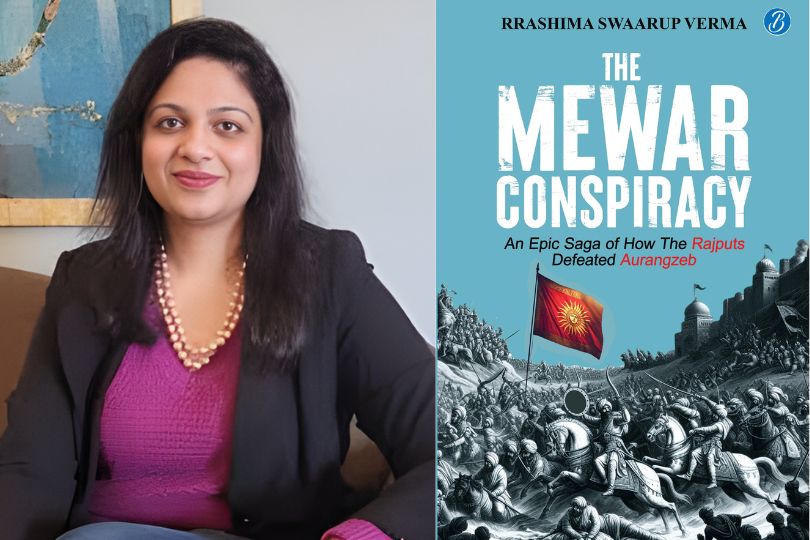The Inheritance of Loss by Kiran Desai
The Inheritance of Loss by Kiran Desaion Aug 23, 2019

Summary
The Inheritance of Loss explores the lives of characters who are trapped in India's class system—both the lower class and the upper class. The characters' hopes and dreams are conveyed in the novel, along with their ultimate dream of immigrating to America and finally escaping the rigid caste system of their homeland. The story is set in the 1980s in Kalimpong, located in the northern part of India near Darjeeling. The main characters are Sai, a seventeen-year-old girl living with her grandfather, who is a judge. The judge is an educated man who attended Cambridge University but has fallen in social position due to the country's political unrest. He carries the weight of having abandoned his wife, so he feels he is paying off his guilt by allowing his granddaughter, Sai, to live with him after her parents die. Gyan is Sai's tutor and boyfriend. Other principle characters are the judge's cook and the cook's his son, Biju. Biju went to America and works illegally in kitchens in New York City. Throughout the novel, there are two story strands—one following the lives of the people in Kalimpong, and one following the life of Biju. In Chapter 1, Sai is sitting in her home, looking at a National Geographicmagazine while waiting for her boyfriend and math tutor, Gyan. The judge is asleep in his chair, but as soon as he wakes, he expects to be served by Sai and the cook. Suddenly, Nepalese guerrillas approach the house, break in, and demand weapons. Everyone is terrified, but because they have no phone and therefore no way to call the police, the young guerrillas sit down and make themselves at home. They steal food and liquor and humiliate everyone, especially the judge, who is in the highest of the social orders represented in the house. The guerrillas also take an heirloom trunk. In Chapter 2, the judge makes the cook go to the police to report the break-in. The police interrogate the cook, suggesting that it is he who instigated the crime because he is of a lower social class. Chapter 3 focuses on Biju, the cook's son who lives in New York City. He works selling hot dogs for Gray's Papaya. Biju constantly compares himself to the overly confident workers he is surrounded by. They are crude and take him to a prostitute, insisting that he participate, suggesting that he is not a man unless he has sex. Biju feels humiliated and does not feel himself to be a man. Chapter 4 returns the narrative to Northern India and the judge's home. The house has been ravaged by the police and still the intruders have not been identified. The cook no longer has his pride, and Sai is sad for him because she feels very close to the man. She tries to help him feel better. In Chapter 5, Biju's life is highlighted again. Readers see all the kitchens in the basements in New York City where he has worked. Readers also witness his mistreatment by others who seem to despise him because he is from India. Biju is even looked down upon by Pakistanis, whom Biju personally feels are below him. He is confused because he must reassess his values. Biju realizes he is a servant like his father. Sai's experiences when she first came to live in her grandfather’s home are recounted in Chapter 6. Previously, Sai had lived in Europe and attended a Catholic school where she had associated with Westerners. When she first rode the train to Cho Oyu and saw the common Indian workers, the nun who escorted her told her the lower classes are like animals. She claims that they use the street as a toilet and have no shame. Consequently, Sai feels she is of a higher, elite class. In Chapters 7 and 8, more is revealed about Sai's life with her grandfather. The judge promises Sai that he will educate her because she is too good for the government school. The judge is haunted by the trunk that the thieves stole when they took their food and alcohol. That trunk had been his father's, and it makes him remember his days in England. He recalls how lonely he had been and how he left his fourteen-year-old wife. At Cambridge, he became negatively obsessed with his Indian identity: he tried to wash himself over and over again, and he began using white powder to hide his Indian features.
Bestseller
Feels he is paying
Kiran desai
Steal food
Take an heirloom trunk
The inheritance of loss
The judge promises



.jpg)






.jpg)

.jpg)

.jpg)

.jpg)
.jpg)










Sorry! No comment found for this post.